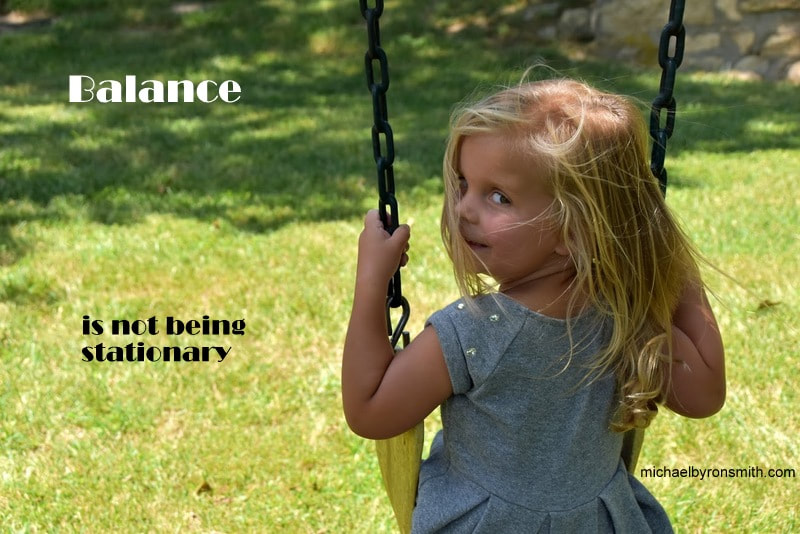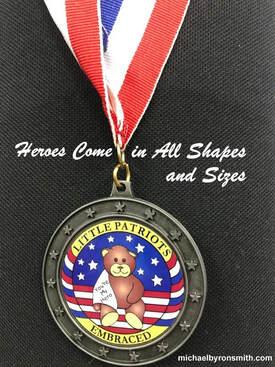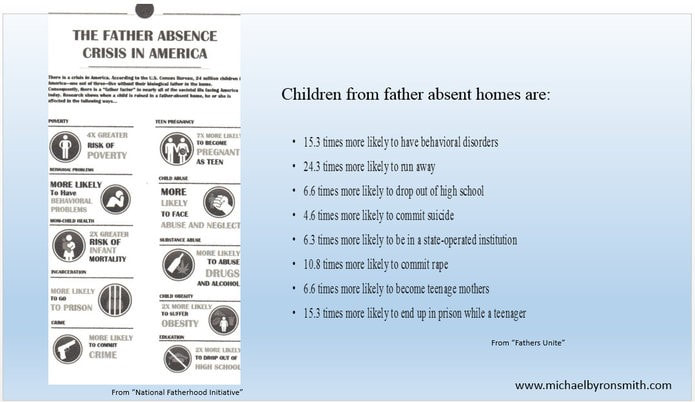 The Danube in Austria
The Danube in Austria  Prague, Czech Republic
Prague, Czech Republic Prague, Czech Republic is where my wife and I flew into Europe before our tour down the Danube. Prague is a large medieval city of ancient buildings, multiple spires, rolling hills, and breathtaking views. Walking the streets reminded me of how families in Europe walk their towns and villages with their children. Toddlers in bright clothes, bundled up in the crisp fall weather. Babies in strollers with blankets tucked around them, the eyes of the little ones scanning their world and people walking by. Parents and children exploring or merely spending time together are ordinary, especially on weekends - a European tradition.
Thought: Of course, strollers can be seen in America also, but mostly when visiting zoos or amusement parks. Not often will you see an entire family strolling in their neighborhoods or town centers together. Family time in America is spent on various scheduled activities, too often separate from each other.
 Passau, Germany
Passau, Germany Thought: Similar to the three rivers of Passau, the rivers of a family (father, mother, and children) are different on their own, but create a fourth identity together, and hopefully flow together as one, strongly-united, family.
 Gottwieg Abby
Gottwieg Abby Thought: The dedication of the monks to their purposeful life, and to their beautiful Abbey, remind me of the commitment required to have a nurturing and comfortable family life. With a devotion to family and comfort in their homes, any family will have serenity in their future, if not their daily lives.
Thought: Every family should find time for joy and conversation, creating memories and experiences common to all. It will draw everyone in the family into a common bond that will last, providing cherished traditions to the following generations.
 Modern and old, Bratislava, Slovakia
Modern and old, Bratislava, Slovakia Bratislava, Slovakia, was once behind the Iron Curtain as part of Czechoslovakia. This city of a few hundred thousand suffered in decay during four decades under Communist rule, but now much is new with skyscrapers and low unemployment. While under communism, there was no growth, little freedom, and no ability to travel outside the Iron Curtain. For forty years the citizenry was robbed of their ability to express themselves or to work to improve their situation. With the fall of the Iron Curtain in 1989-90, those under 50 years of age had never know freedom and a plurality of choice. The stories of our guides who lived under the Communist regime brought the reality of our good fortune to have escaped that hopeless and bleak experience.
Thought: Parents must let their children understand history to put into perspective the hope and dreams that are available to them. These gifts are often taken for granted; and seem self-evident rights we all should have, but have come at considerable costs.
 The Parliament Building, Budapest Hungary
The Parliament Building, Budapest Hungary
Thought: We can only hope tragic events never touch us, but no family can escape tough times. Sometimes only time can ease the pain. As tough as it may be, families coming together will help. Mostly, the tough times will be behind us with communication, cooperation, and understanding. Don’t allow small issues to grow into lasting conflicts.
Maybe my travel/family analogies were stretched a bit, but Kathy and I had a memorable and educational trip sailing down the Danube. It is incomprehensible to imagine all that has occurred throughout the centuries on every square meter we touched. One thing is common to all those past societies, centuries, and locations; everyone came from or belonged to a family. There are those individuals who failed despite having a supportive family and other individuals who flourished without a supportive family. But most people succeed, as best they can within their time and place, with the support of friends, and especially family.

















